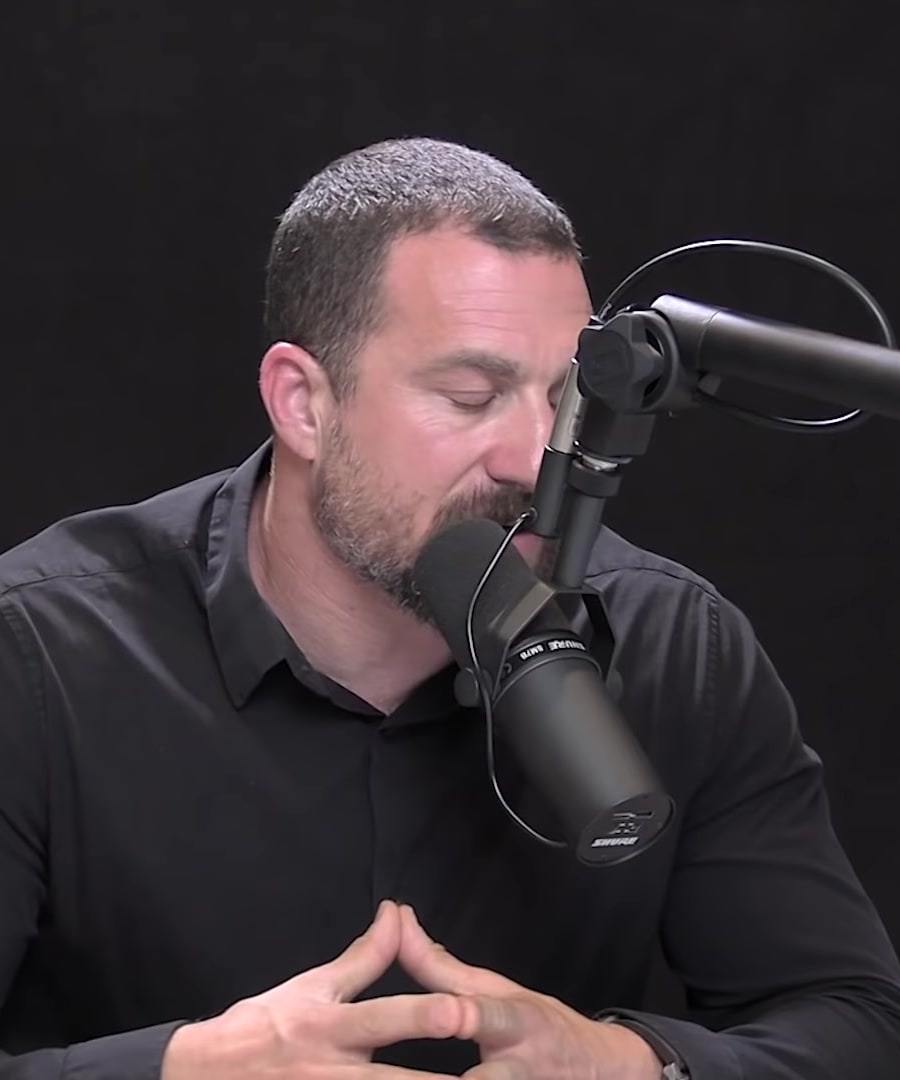Creatine
Sources:
Creatine is a well-researched supplement with a variety of benefits beyond muscle enhancement, which have been discussed by on the podcast. Here are some key insights:
-
Depression Treatment: Creatine supplementation may enhance the effectiveness of SSRIs for depression, particularly in women, by augmenting mood and brain plasticity via the phosphocreatine system and NMDA receptors 1.
-
Headache Relief: Creatine monohydrate shows promise in alleviating headaches, especially post-traumatic brain injury (TBI). It's considered safe, affordable, and potentially effective for long-term use against headaches, dizziness, and fatigue related to TBI 2.
-
Hormonal Effects: Creatine enhances amino acid synthesis and supports mitochondrial energy, potentially increasing total testosterone and converting it to dihydrotestosterone. Concerns about hair loss linked to DHT are largely unfounded, as creatine doesn't significantly alter natural testosterone levels 3.
-
Brain Function: As a fuel source in the brain, creatine might improve mood and aid in mild depression. This is especially beneficial for vegetarians or those not consuming meat, with a recommended intake of at least 5 grams per day 4.
-
General Use and Dosage: Creatine is effective without needing a loading phase, and its timing (pre- or post-workout) isn't critical. Creatine monohydrate is the most cost-effective and efficient form, with dosage adjustments recommended for different body weights 5.
These findings illustrate creatine's multifaceted roles in enhancing both physical performance and cognitive function.
RELATED QUESTIONS-
Creatine
- RELATED QUESTIONS




